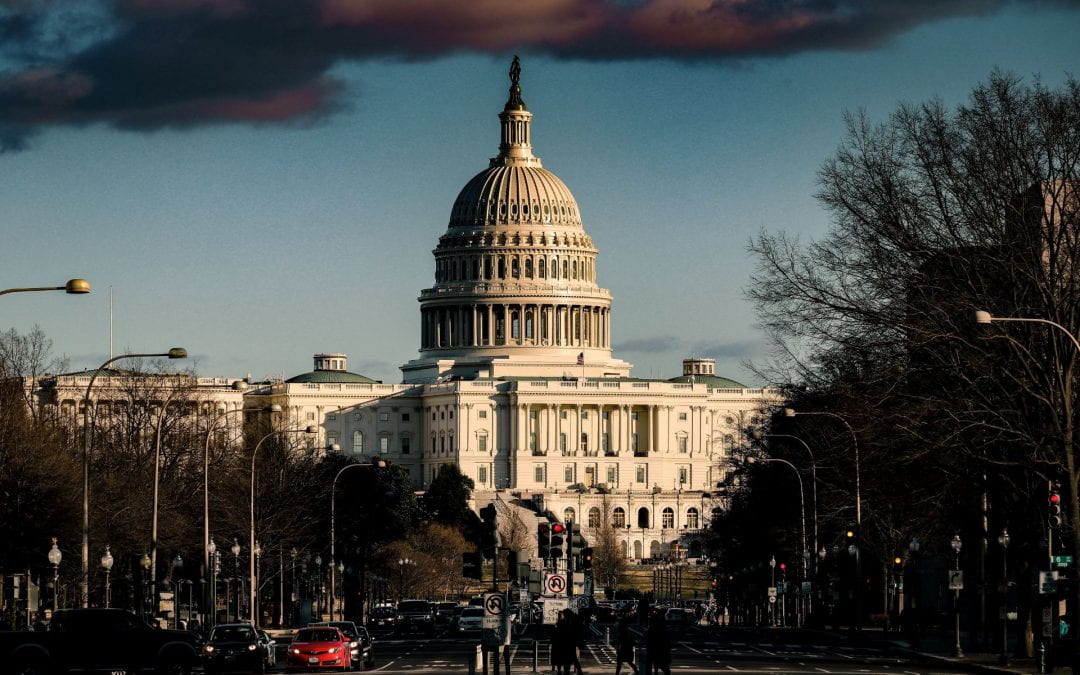By Sarah Steingrüber
The outbreak demands swift and bold action not only in the direct response to the pandemic, but also in ensuring that monies are correctly spent, that companies do not profit unfairly from misfortune, and that power is not abused by our leaders.
The coronavirus pandemic is a global health challenge the likes of which has not been seen in over a century. The outbreak demands swift and bold action not only in the direct response to the pandemic, but also in ensuring that monies are correctly spent, that companies do not profit unfairly from misfortune, and that power is not abused by our leaders.
Two weeks ago, I published a commentary on this blog that identified some of the critical corruption risks associated with the response to the coronavirus pandemic. In today’s post, I turn from a diagnosis of the risks to some possible solutions. In particular, I want to highlight four types of measures that will help to mitigate some of the corruption risks that were identified in my previous post.
Solutions
Anticorruption safeguards should be mainstreamed into all national and local outbreak responses, and governments should take steps to ensure transparency and oversight. This will require an integrated sectoral approach that brings public health and anticorruption experts together. As part of this effort, national health ministries should immediately establish transparently-appointed oversight task forces that include not only ministry staff, but also representatives from the national audit office, experts from civil society, and similar bodies. These watchdog bodies (which can be based on existing entities like South Africa’s Health Sector Anti-Corruption Forum, or the Office of the Inspector General in the US Department of Health and Human Services) should be empowered to monitor pandemic-related financial allocations (especially though not exclusively health-related procurement), and to follow up on all concerns about any misuse of funds, instances of goods that do not arrive, and so on. These oversight bodies should also enhance transparency by establishing a transparent budgetary tool to track response-related spending, and drafting weekly lists of corruption risks and mitigation approaches. (Further guidance on best oversight practices could be provided by groups like the WHO Global Network on Anticorruption, Transparency and Accountability.)
Because this outbreak will also demand significant donor support for low- and middle-income countries (LMICs) to help these states cope with the additional health burden, and because of the substantial corruption risks associated with this sort of emergency support, donors should not only provide financial support for public health and economic relief, but should also provide targeted funds to enhance anticorruption safeguards and to improve financial management of low-budget health care systems. Existing organizations like the Global Fund and the Global Vaccines Alliance already have substantial experience in preventing loss of funds in global health programming, and these organizations could therefore provide a model for how to strengthen anticorruption oversight mechanisms to manage and monitor national responses in LMICs using donor funds.
3. In order to prevent corrupt or predatory behavior by private sector firms, rights for data, knowledge, and technologies found to be useful in the prevention, detection, and treatment of the virus should be made available in an open pool similar to the medicines patent pool. This will help to ensure that there is universal access to these products. Furthermore, civil society watchdog organizations should establish a list of high-risk companies or industries that could stand to benefit from the outbreak and monitor their engagements with political decision makers and regulatory bodies. (This has already started to happen, for instance in the work of the European Alliance for Responsible R&D and Affordable Medicines and other civil society groups.)
Because of the crucial role that civil society organizations and independent journalists play in ensuring transparency and accountability in the crisis response—not only corruption, but other abuses of power undertaken with the pandemic as a pretext—national governments and international donors should provide support and protections. Indeed, donor organizations providing crisis response funds should consider establishing a dedicated fund to ensure civil society and journalists are able to continue their important operations during this time.
Conclusion
This by no means is an exhaustive list of anticorruption interventions and safeguards that can be applied. And as the outbreak unfolds, new ideas and solutions will be needed. But as the anticorruption community, we have an extraordinary opportunity before us to put our extensive toolbox into action and work together with the public health community to minimize the social, economic, and political costs that this outbreak will bring with it.
For more information on COVID-19, head to the Ministry of Health website.
This blog was originally published on the GAB | The Global Anticorruption Blog and was republished with permission.
Disclaimer: The ideas expressed in this article reflect the author’s views and not necessarily the views of The Big Q.
You might also like:

